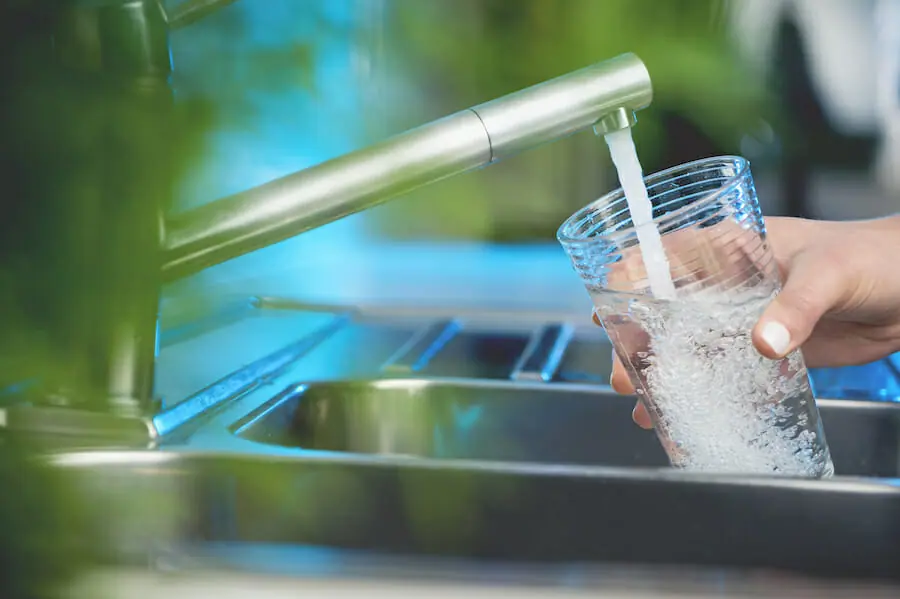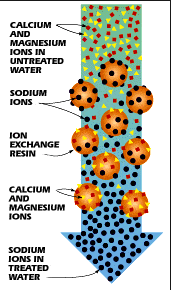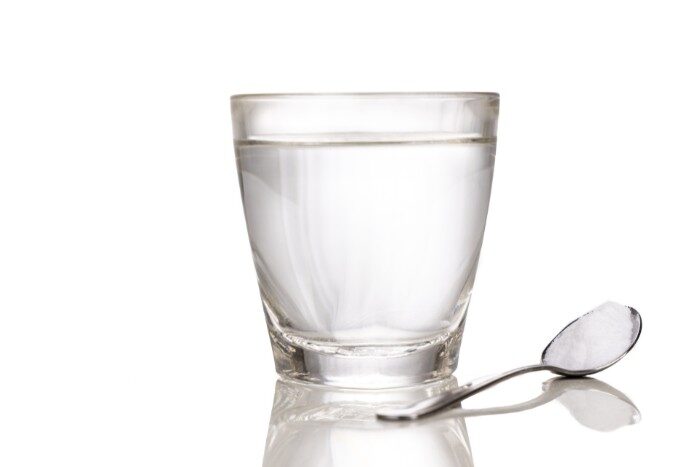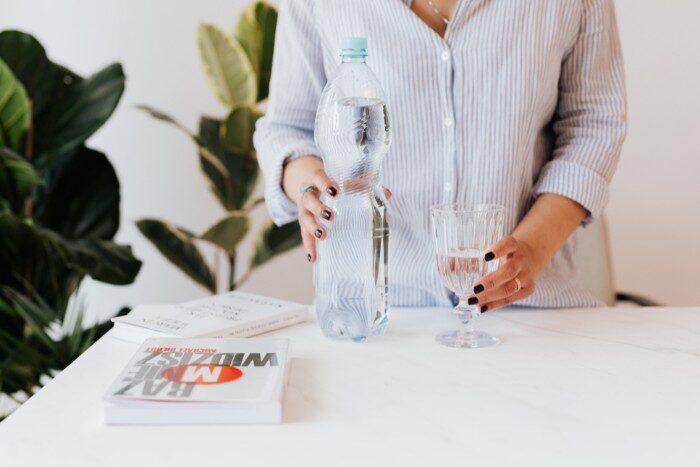
Have you ever wondered whether drinking softened water is safe for you and your family? Many homeowners install water softeners to combat hard water problems like scale buildup, dry skin, and inefficient appliances. However, some people worry about the effects of drinking softened water, particularly regarding sodium levels and mineral content.
In this article, we’ll break down the facts about drinking softened water, including potential side effects, how it compares to regular tap water, and why many homeowners still choose to install a water softener in their homes.
How Water Softeners Work

Source: Popular Mechanics
To understand if softened water is safe to drink, it’s important to know how a water softener functions.
Water softeners remove hard minerals (calcium and magnesium) through a process called ion exchange:
- Hard water enters the softener, containing high levels of calcium and magnesium.
- Ion exchange occurs, where sodium ions replace hard minerals, effectively softening the water.
- Softened water flows into the home, preventing scale buildup and making water easier to use for cleaning, bathing, and appliance efficiency.
This process does not remove all impurities—it primarily targets hardness minerals, meaning additional filtration may be needed for those concerned about contaminants.
The video below explains how ion exchange works in a water softener:
Sodium Content in Softened Water: Should You Be Concerned?

One of the biggest concerns about drinking softened water is increased sodium levels. Since calcium and magnesium are replaced with sodium, the amount of sodium in drinking water depends on the original hardness level.
For example:
- For every 1 grain per gallon (GPG) of hardness removed, about 8 mg of sodium is added per liter.
- In areas like Phoenix, where hardness is often around 15 GPG, a water softener adds approximately 120 mg of sodium per liter.
To put this into perspective:
- One slice of white bread contains ~170 mg of sodium.
- A tablespoon of ketchup has ~167 mg of sodium.
- A serving of fast food fries contains over 200 mg of sodium.
For most people, drinking softened water is safe because the sodium content is relatively low compared to daily dietary intake. However, if you are on a low-sodium diet, you may want to consider alternative solutions (such as reverse osmosis filtration).
Minerals and Water: Are You Missing Out on Important Nutrients?

Some people worry that softened water removes essential minerals from their drinking water. However, we get most of our necessary minerals from food, not water.
| Mineral | Recommended Daily Intake | Amount in Tap Water | Best Food Sources |
|---|---|---|---|
| Calcium | 1,000 mg/day | 18-89 mg/L | Milk, tofu, spinach, kale, broccoli |
| Magnesium | 400 mg/day | 15-51 mg/L | Avocados, bananas, almonds, peas |
| Potassium | 3,500 mg/day | N/A | Bananas, potatoes, broccoli, almonds |
Dr. Jacqueline Gerhart of UW Health Family Medicine states:
“Removing these essential elements from our drinking water doesn’t pose much of a problem, since a well-rounded diet will provide these as well. Only people who do not eat a diet rich in vitamins and minerals are at any risk of deficiency.”
In other words, drinking softened water won’t significantly impact your mineral intake, as long as you eat a balanced diet.
Installing a water softener provides several benefits beyond just drinking water quality. Many Arizona homeowners choose to install a softener because of extremely high water hardness levels.
Do I Need a Water Softener?
Installing a water softener provides several benefits beyond just drinking water quality. Many Arizona homeowners choose to install a softener because of extremely high water hardness levels.
Key Benefits of Soft Water:
✅Cleaner, softer laundry – Hard water minerals can make fabrics feel stiff and cause colors to fade faster. Soft water helps clothes last longer and feel more comfortable.
✅Better soap and detergent performance – Soft water allows soap to lather properly, making showers, dishwashing, and laundry more effective.
✅Longer-lasting pipes and plumbing – Hard water causes scale buildup in pipes, leading to costly plumbing repairs. A softener prevents these issues.
✅No chalky residue on fixtures and dishware – Say goodbye to water spots on glasses, faucets, and shower doors.
✅Smoother hair and skin – Soft water reduces dryness and irritation, leaving your hair and skin feeling clean and refreshed.
Since Arizona’s water hardness is significantly higher than in many other parts of the country, installing a water softener is a common home improvement for homeowners looking to improve water quality.

Pictured above: Evolv™ Whole House Water Softening and Filtration System
Combined Water Softening and Filtration Options
If you’re concerned about drinking softened water, one solution is to install a combined water softening and filtration system. These systems not only remove hardness minerals but also target other contaminants that may be present in tap water.
Reverse Osmosis Filtration for Softened Water
A reverse osmosis (RO) filter removes:
🗸 Hard water minerals
🗸 Sodium from softened water
🗸 Phosphates, lead, copper, and fluoride
🗸 Nitrates and other contaminants
| Substance | Water Softener | RO Filter |
|---|---|---|
| Calcium | ✔ Removed | ✔ Removed |
| Magnesium | ✔ Removed | ✔ Removed |
| Sodium | ❌ Not Removed | ✔ Removed |
| Fluoride | ❌ Not Removed | ✔ Removed |
| Lead | ❌ Not Removed | ✔ Removed |
UV and Activated Carbon Filtration for Soft Water
🔷UV Filtration – Removes bacteria and viruses, making it ideal for homes with private wells.
🔷Activated Carbon Filters – Reduce chlorine, pesticides, and organic compounds, improving taste and odor.
Final Verdict: Is Softened Water Safe to Drink?

✅For most people, drinking softened water is perfectly safe.
✅The sodium content is minimal and not a health concern unless on a strict low-sodium diet.
✅Softened water lacks minerals, but a balanced diet provides adequate nutrition.
✅If concerned, reverse osmosis or separate filtration can remove sodium from drinking water.
For Arizona homeowners, installing a water softener is one of the best ways to protect plumbing, improve appliance efficiency, and enhance water quality.
💧Looking for the best water softening and filtration solutions? Contact Clear Water Concepts today to explore high-quality water systems designed for Arizona’s unique water conditions! 🚰✨


